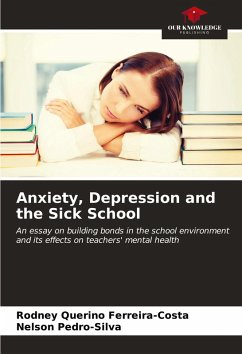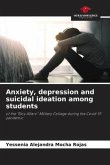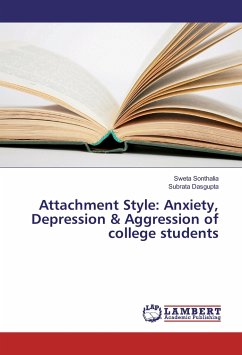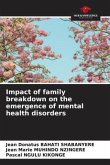We currently live in a world where people find it difficult to build long-term bonds and institutions are constantly being re-engineered at a speed never seen before. As a corollary, the world of work has characteristics that impact on the bodies and minds of its professionals. The feeling is that everything is ephemeral and disposable, which is reflected in the way culture, goods and services are consumed. It is in this context that this essay on anxiety and depression in teachers is set. This dynamic has affected teachers to the extent that they transfer this behaviour to their daily lives, experiencing everything briefly, with no incentive to focus on projects, relationships or jobs. The result: the process of social subjectivisation does not encourage teachers and other people to build up the psychic resources to deal with the world around them in a time-consuming and binding way - leading them to fall ill. This essay is an invitation to reflect on this state of affairs, which leads people to live on the "edge" and take the lead in their narrative, being able to establish dialogue with all the actors in their work.








